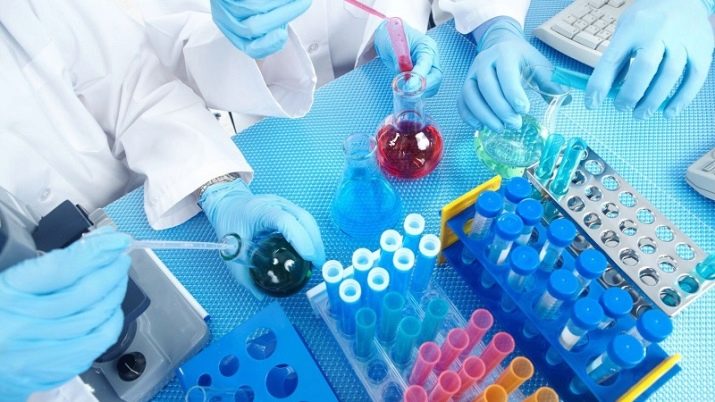All about professions related to physics and chemistry
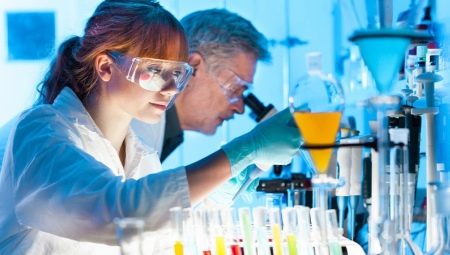
Physics and chemistry are the most important sciences. Many discoveries in these areas seem really impressive, which is why young people often dream of becoming scientists. However, it is quite difficult to conduct scientific activities and not everyone can do it. But do not despair, there are many other professions related to physics and chemistry, perhaps some of them will also interest you.
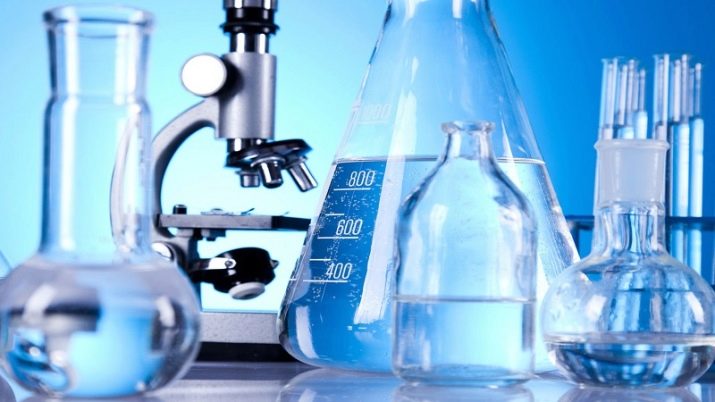
List
- Chemist-technologist (chemical engineer). This specialist is engaged in the research and development of new substances. You can conduct theoretical scientific activities or conduct experiments and tests in practice. In addition to general knowledge in the field of chemistry, you will need to choose a specialization and study this direction. You can work in the food industry, pharmacology, metallurgy, oil industry, cosmetology - there are quite a few options. This is a promising profession, since new developments are appreciated in any field.
- Ecologist. The profession requires knowledge not only in the field of chemistry and physics, but also in biology and geography. All this is necessary in order to assess the causes of cataclysms, analyze the human impact on the environment and find solutions that will help minimize the harm caused to nature. Given the sad state of ecology in the world, the profession will definitely not lose its relevance. After training, work can be found in various laboratories, in government agencies, in factories and factories, in construction companies.
- Materials scientist. The creation of new materials is an important task. It is also necessary to test them for compatibility with other substances and evaluate the available properties. This profession is associated with physics, chemistry and mathematics, because you will need to carry out a lot of calculations and calculations.This specialty requires a responsible approach and a broad outlook. New materials obtained by scientists are used in the space industry, medicine, and make it possible to develop nanotechnology.
- Biotechnologist. Specialists of this profile are engaged in the study of living organisms. They can study the properties of plants and develop new varieties of vegetables or fruits, apply scientific methods to create drugs, and even clone human organs. A biotechnologist needs to have a good knowledge of physics, chemistry, mathematics, and biology. This profession is very prestigious, and if you wish, you can get a job in related specialties, if you want to change the field of activity.
- Speleologist. He is a geologist who specializes in caves. He studies underground spaces, rivers and waters. There are also industrial cavers who explore artificial undergrounds - mines, drainage systems and urban communications. The profession can be dangerous and requires physical endurance, therefore, it is more often chosen by young men, although there is no ban for girls from working in this area if they want to associate life with geology.
- Doctor. It is difficult to imagine modern medicine without chemistry, so future doctors study it thoroughly. Physics is also needed, for example, for dental technicians or neuroprosthetics designers. In addition, you cannot do without biology, and mathematics is also often needed for admission. It is better to think in advance which field of medicine is closer to you in order to determine the specialty and choose the necessary subjects.
- Teacher. If you like to share your knowledge, you can become a teacher by graduating from the Faculty of Pedagogy with a physico-chemical direction. You can work at a school or university, or become a tutor.
It is important here not only to have good knowledge of specialized subjects, but also to be able to find contact with students, to interest them.
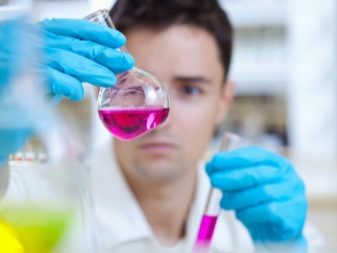
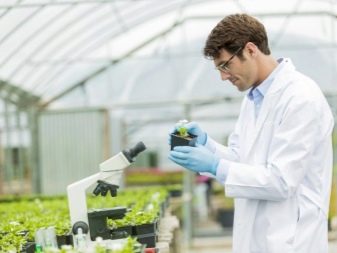
Features of training
A suitable specialty can be obtained at a university. To do this, you need to pass the exam in certain subjects. In addition to chemistry and physics, Russian and mathematics are compulsory. If the future profession is related to medicine, then biology is indispensable. For engineers and geologists, geography is likely to be on the list as well. When passing exams, you need to try to score as many points as possible, since there is a lot of competition for specialties in demand. You can also take the OGE and enter a specialized secondary educational institution after grade 9.
It's easier to get into a college or technical school, but they teach there applied professions. If you want to do science, then you still have to go to a university.
Where can you work?
Professions related to chemistry and physics are very different, therefore, there are a lot of employment options:
- these can be public research organizations and private companies that conduct their own developments;
- all kinds of industries - from food to oil;
- construction companies - relevant for ecologists, chemical engineers, materials scientists;
- medical organizations, biochemical laboratories, pharmacies.
Also, a big plus of the specialties of the physicochemical profile is that they are not tied to a specific area. You can find work in almost any city, which means that when you change your place of residence, there will be no problems.
